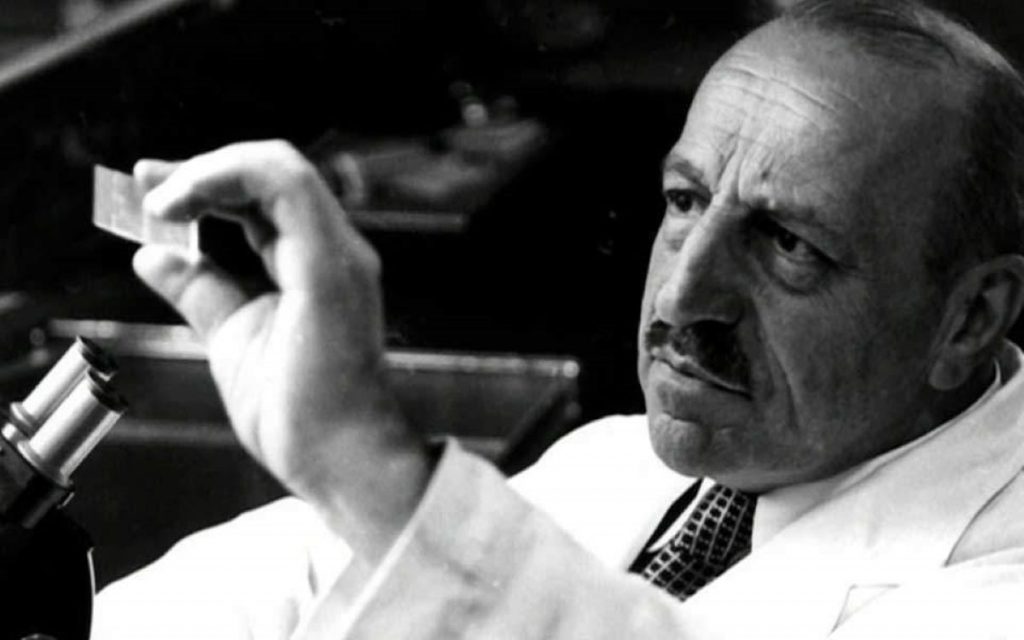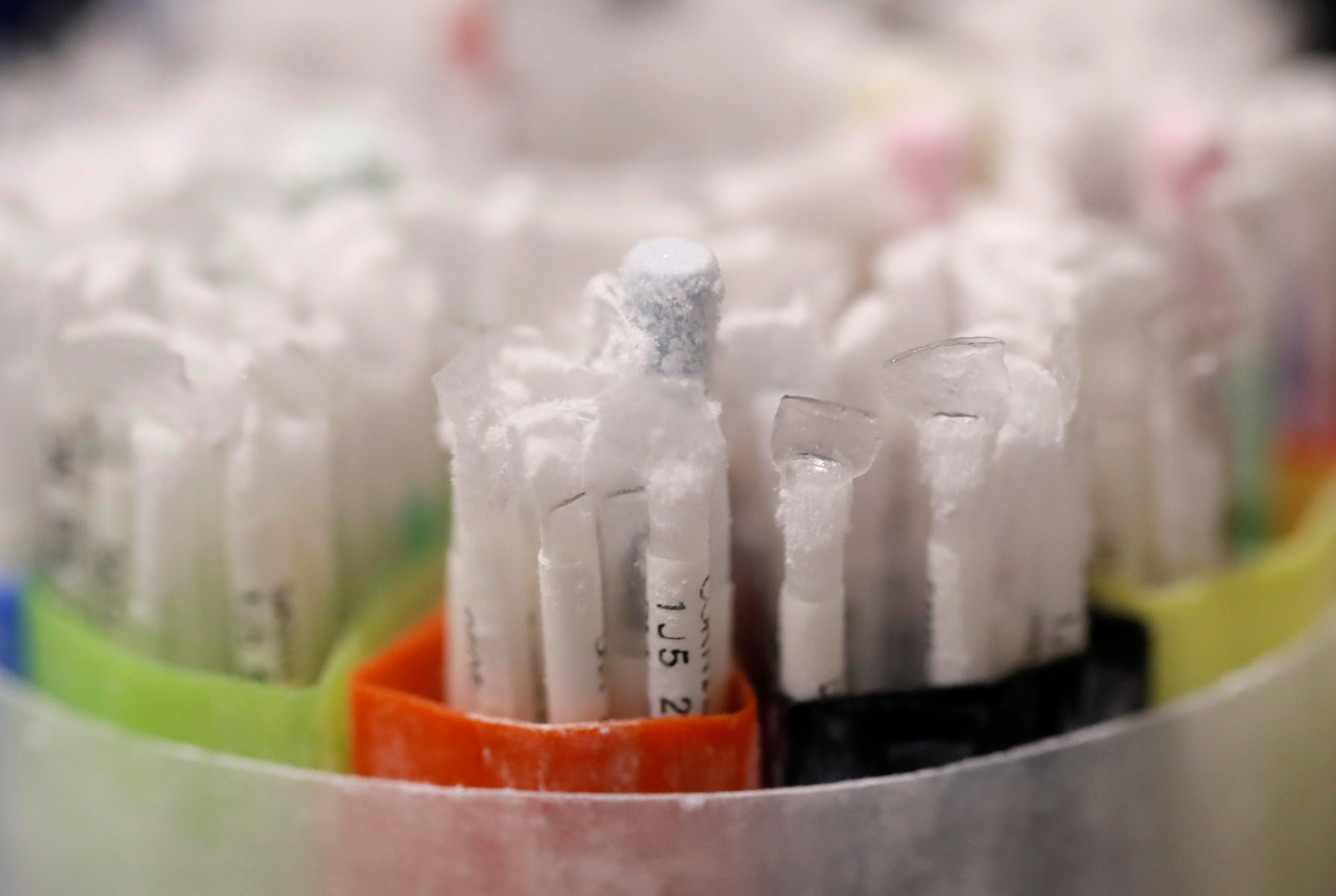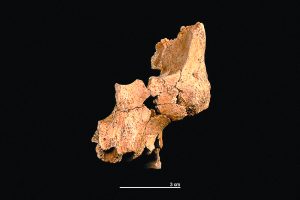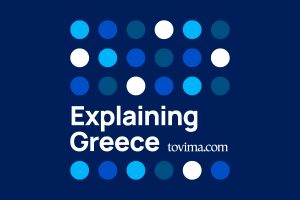A newly established national donor registry in the Netherlands has uncovered widespread violations of the country’s sperm donation laws, revealing that at least 85 Dutch sperm donors have fathered 25 or more children each—far beyond the legal limit.
The regulations, designed to minimize the risk of accidental incest and protect the psychological wellbeing of donor-conceived individuals, have been flouted by multiple fertility clinics. According to the Guardian, the Dutch Society of Obstetrics and Gynaecology (NVOG) confirmed that several clinics knowingly reused donor sperm beyond legal thresholds, exchanged samples without proper consent or documentation, and allowed donors to contribute at multiple locations without oversight.
The Case of Jonathan Jacob Meijer
Among the most egregious violators is Jonathan Jacob Meijer, a Dutch man who has reportedly fathered over 550 children worldwide. Despite being blacklisted from Dutch clinics in 2017, Meijer continued to donate abroad and through private arrangements. In 2023, a Dutch court ordered him to cease all sperm donations, citing that he “deliberately misinformed” prospective parents about his previous contributions. The court imposed a €100,000 fine per future violation, warning that Meijer’s actions risked the possibility of unintentional incest among his biological children.
Ethical and Psychological Concerns
This revelation reignites global debates surrounding the ethics of sperm and egg donation—even in systems with formal regulations. Fertility donations pose complicated questions about anonymity, consent, identity, and kinship. Many donor-conceived individuals have reported emotional distress upon discovering the truth about their origins, particularly when anonymous donation policies restrict access to genetic and medical information.
Institutional Response and Regulatory Reform
In response to the findings, the NVOG has issued a public apology and is urging affected individuals to contact their fertility clinics for guidance and support. The Dutch health ministry has announced plans to brief parliament and implement stricter oversight and enforcement measures to prevent future violations.
Calls for Global Action
The scandal has triggered broader calls for unified, transparent donor tracking systems across Europe and internationally. Experts argue that without such systems, similar abuses could remain undetected in other countries, leaving donor-conceived individuals vulnerable and undermining public trust in reproductive medicine.









